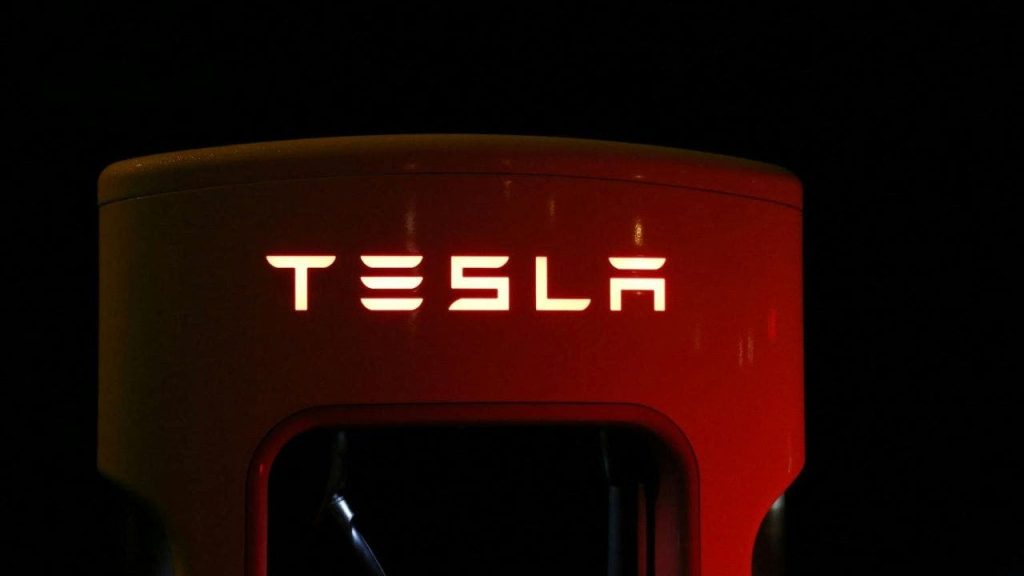A recent uptick in attacks on Tesla owners, their dealerships, and charging stations is escalating into a broader campaign of intimidation, fueled by weaponized personal data. The situation has become particularly alarming as a website known as “Dogequest” has been publishing names, addresses, and phone numbers linked to Tesla owners—many of whom are misidentified or have never owned Tesla vehicles at all. As investigations by the Department of Justice (DOJ) and Federal Bureau of Investigation (FBI) classify these acts as domestic terrorism, the chilling impact extends to anyone perceived as a potential Tesla owner, raising concerns about privacy and safety.
| Article Subheadings |
|---|
| 1) How innocent people get caught in the crossfire |
| 2) The real-world consequences |
| 3) Why misidentification matters to everyone |
| 4) What you can do to protect yourself now |
| 5) Additional critical digital defenses to implement |
How innocent people get caught in the crossfire
On March 18, 2025, a hacker group launched “Dogequest,” a website that showcased a searchable map of alleged Tesla owners and employees. This site not only listed dealerships and charging stations but also exposed the personal information of individuals, including names, home addresses, phone numbers, and emails—sometimes even in real time. Remarkably, many individuals featured on the site had never owned a Tesla, leading to an alarming situation where innocent people were misidentified due to errors in public records and third-party databases. Some had sold their Teslas years prior, while others were incorrectly linked due to typos or outdated information. These individuals found themselves on a digital hit list, exposing them to potential harassment and threats.
The real-world consequences
The ramifications transcended the digital realm. There have been instances of firebombings at dealerships, bullets shot through showroom windows, and targeted threats against families linked to these doxxing campaigns. Authorities have begun to categorize the acts as domestic terrorism based on their escalating nature and the significant risks they pose to public safety. The concerning aspect is that due to the frequent inaccuracies in the data, even individuals who have never been associated with Tesla could find themselves at risk, making this problem a widespread societal issue.
Why misidentification matters to everyone
Individuals erroneously linked to Tesla ownership need to realize that their situation is indicative of a broader threat; the same unreliable data sources that misidentify Tesla owners can apply to countless other categories, including political donors, healthcare workers, or anyone whose personal data is commoditized. As we witness the emergence of these flawed databases, it becomes evident that today’s targeted harassment could easily evolve to encompass other groups tomorrow. Social security numbers, private addresses, and personal information are perpetually at risk if existing data practices continue unchallenged.
What you can do to protect yourself now
For individuals concerned about recent data breaches, privacy leaks, or the potential for misidentification, there are immediate steps one can take to bolster personal security. Key preventative measures include limiting information shared with companies, opting for disposable email addresses, and utilizing VoIP numbers where possible. It’s also advisable to delete unnecessary online accounts that may harbor your information, especially those set up for one-time use. For those seeking more thorough control, utilizing a data removal service can effectively aid in erasing personal information from people-finder sites notorious for exploiting and selling user data.
Additional critical digital defenses to implement
Beyond removing personal information from data brokers, securing one’s digital infrastructure is essential to preventing harassment and safeguarding personal data. Employing two-factor authentication for accounts and utilizing VPNs when accessing personal information on public Wi-Fi are vital practices. Furthermore, users must exercise caution with features like cabin cams on vehicles, ensuring that data sharing settings are appropriately configured to mitigate inadvertent data leaks. If individuals find themselves victims of doxxing or online harassment, it is imperative to report such incidents to law enforcement agencies or cyber crime centers, thereby affording them the attention and action they require.
| No. | Key Points |
|---|---|
| 1 | Dogequest has revealed personal information of alleged Tesla owners, some of whom have never owned one. |
| 2 | Real-world consequences include assaults on dealerships and threats on families linked to alleged Tesla owners. |
| 3 | Misidentification poses risks not only to Tesla owners but to anyone associated with flawed data sources. |
| 4 | Individuals are encouraged to take proactive steps to protect their personal information from breaches. |
| 5 | Critical digital defenses include using two-factor authentication and VPNs to secure data. |
Summary
The alarming rise in targeted attacks against Tesla owners underscores the vulnerability of individuals due to inaccurate data circulating in public records. As authorities label these events as domestic terrorism, the urgency for improved data practices and personal security becomes increasingly apparent. It is crucial that affected individuals, whether directly involved or mistakenly identified, take proactive measures to protect themselves from potential harm and harassment.
Frequently Asked Questions
Question: What is the purpose of the Dogequest website?
Dogequest was created to map out supposed Tesla owners and employees, exposing personal information without consent and often inaccurately.
Question: What can individuals do to limit their exposure to data breaches?
Individuals can limit their exposure by reducing the amount of personal information they share, deleting unused accounts, and employing data removal services to eliminate their information from people-finder sites.
Question: What are the legal implications of doxxing?
Doxxing can lead to serious legal consequences, including potential criminal charges, as many states have enacted laws specifically addressing harassment, stalking, and privacy violations arising from such actions.


